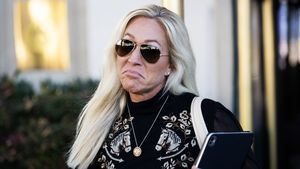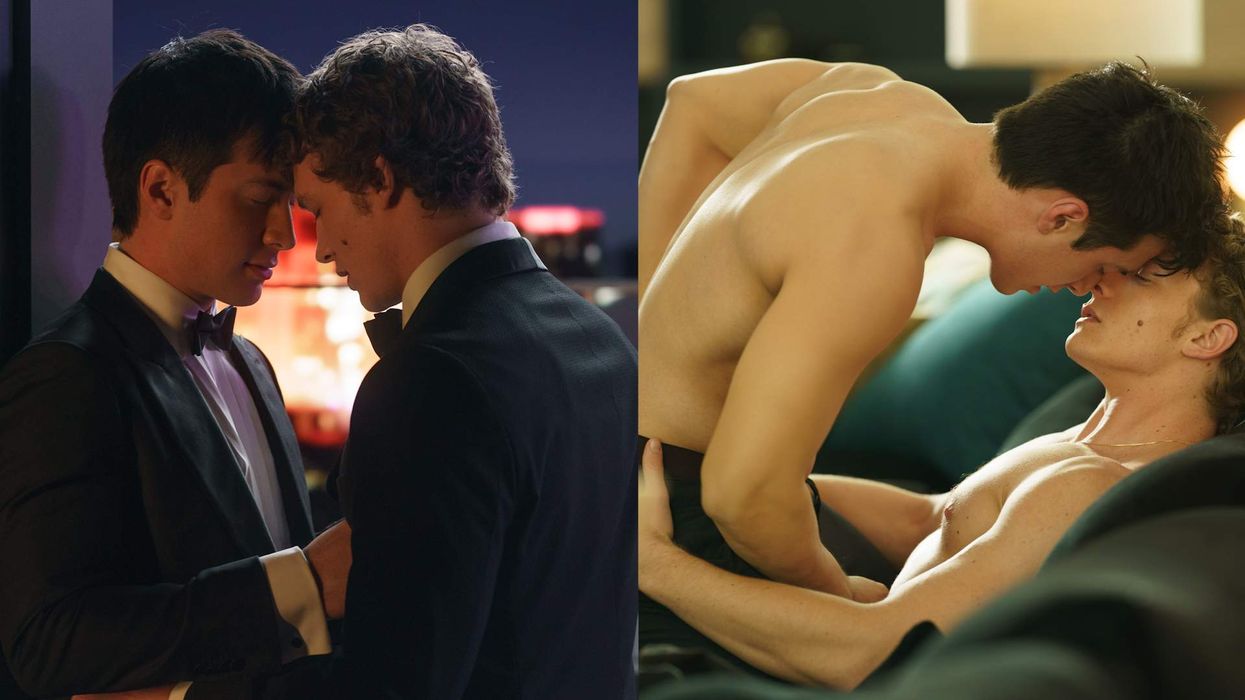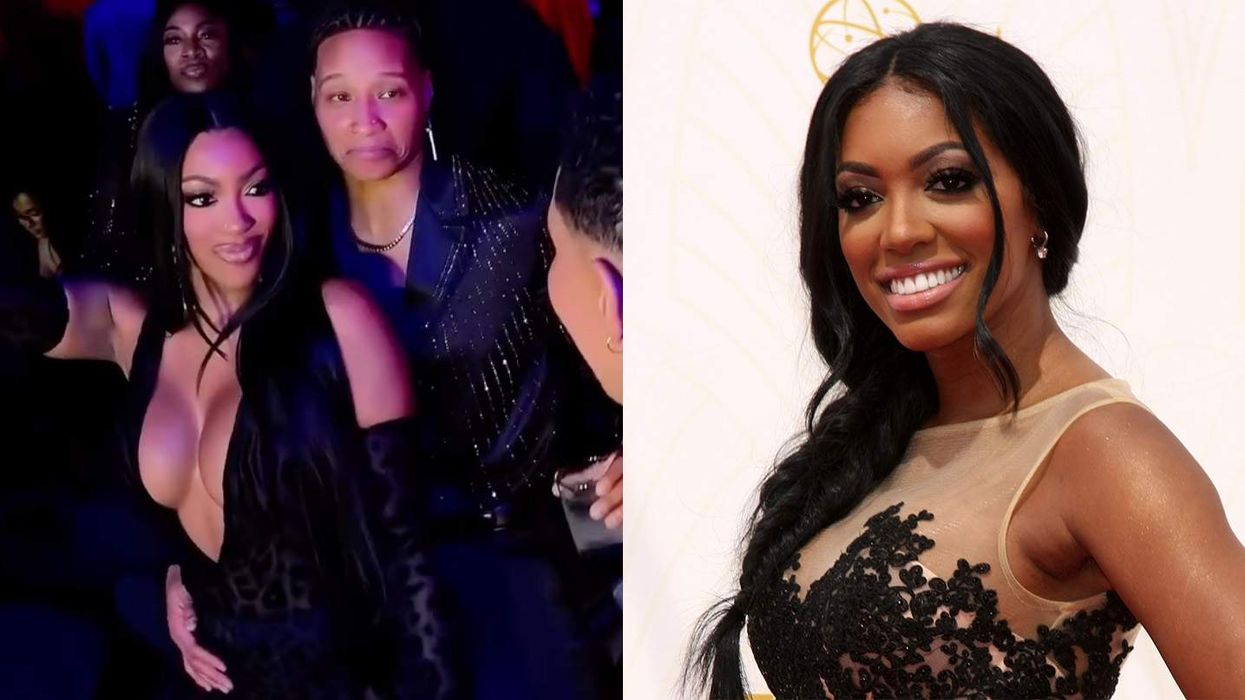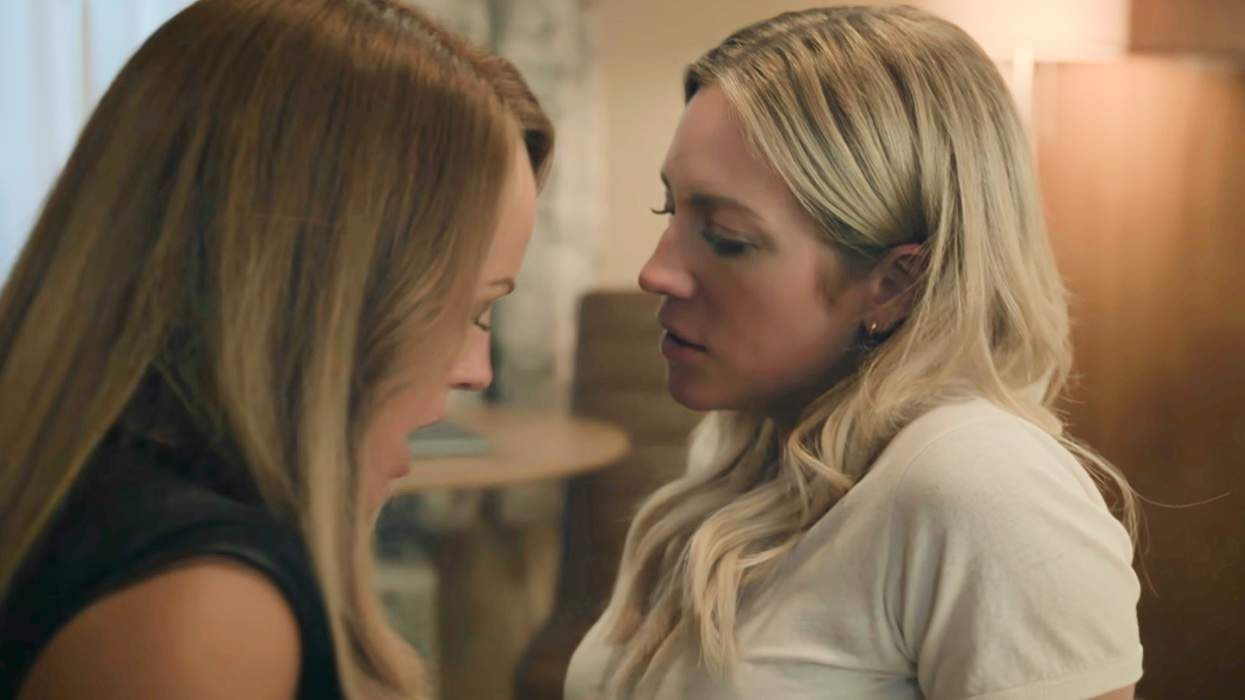I’ve heard tell that there are some who come out and lose a lot of their friends in the process. Some are unable to be themselves while keeping their life long friends in the process. Others decide that this new chapter in their lives needs a new cast of characters. Suddenly they can no longer relate to their group they have always known and so they decide to find a gaggle of gays that they feel more apart of.
I can say that I count myself lucky – I have been able to incorporate both scenarios into my life. When I came out, I was lucky enough to not lose any friends at all. Everyone was 100 percent supportive -- totally and completely on board. Most were entirely intrigued and curious about all aspects of it – the culture, the history, girl crushes, etc. Whilst all of this was occurring, I found a group of equally as supportive gay friends who helped me along the way. But what makes the friends transition so difficult for some and easier for others?
I knew that I would have an easy time coming out to my group of friends. Most were completely shocked and had “no idea,” but the news elicited no negative responses. I am surrounded by mostly straight friends, and among them, my straight girl friends have been some of the most supportive of all (and of course most of them have admitted their shameless crush on Shane from The L Word in the process). Everyone asked questions about when I found out, when the first time I really knew was, and if I had met anyone yet, etc. I enjoyed their curiosity and took it to mean that my friends were genuinely interested in this new chapter of my life and that they were here for help and support along the way.
How did I handle it? I took my time and I came out slowly. I didn’t SCREAM out of that closet or shove my “new lifestyle” in the faces of my old friends. And perhaps that is why, when coming out, some people tend to lose friends. Speaking for myself, I can say that I’m never a fan of having someone’s beliefs and choices shoved in my face in a forceful, almost negative way. This goes for people in the public eye as well. I know that when Ellen first came out, she lost a lot of fans. And perhaps this wasn’t due to the news of her sexual orientation, but perhaps it was in the way it was presented to everyone.
In this aspect, some see it as not a lifestyle change, but as an entire personality change. And here is where I think a lot of folks create an issue for themselves in coming out: many think that this change means that you need to change yourself as well.
For some, it can be as surface as wardrobe, or the music they listen to, or the hobbies they drop or take up. For others, it can be more along the lines of a personality change entirely. Coming out is -- and should be -- liberating and freeing. However, feeling almost captive and literally in a closet for so long can create feelings of animosity toward your old community or group and toward your “old life,” the life you left behind when you came out. In this respect, people come out in angry and hurtful ways, isolating themselves and their friends, meanwhile looking for a gayer group that can help them and be more attuned to their wants and needs.
more on next page...
\\\
(continued)
And that’s just it-- coming out shouldn’t be about leaving anything behind. If anything, it should be about remembering your past and using it to create a better future for yourself.
If you were so unhappy in the closet and coming out is what you needed to truly be yourself, remember that and build on it. Don’t keep things hidden inside for so long. Don’t stray from your friends and family; get out there and be yourself.
There are so many gay people in the world who come out in angry and hasty ways because they feel as though fear of the straight world is what held them inside the closet for so long. But really, it was their own fear of finally being comfortable in their own skin and not being accepted for it.
I feel like there are a lot of gay people who spend their closeted lives thinking that the straight world will never accept or understand them if they do come out, so they’ve automatically built up a barrier against perhaps some of their best friends and allies.
I’m not trying to generalize all gay people here. I’m simply saying that there is a significant portion of people who come out thinking that the rest of the world is against them in some way and that putting up the angry front is going to counteract that. This is not the case and it is certainly not affective (in fact on the lesbian side, it’s only perpetuating the myth that all lesbians are angry man-haters).
If I had any advice to those looking to come out, it’s to do it with style and grace. Just say exactly what you want, and to anyone and everyone who matters to you. The medium in which you do it is completely up to you and your comfort level. If you want to send it in a card or a letter, that’s fine. If you want to talk to everyone face to face, even better. Do it on your own time and in your own special way. It may sound cliché, but you will always know when the time is right. It doesn’t matter how you do it – just come out. Those who truly love and support you now will continue to do so afterwards, guaranteed.






















































































 Cindy Ord/Getty Images
Cindy Ord/Getty Images

























